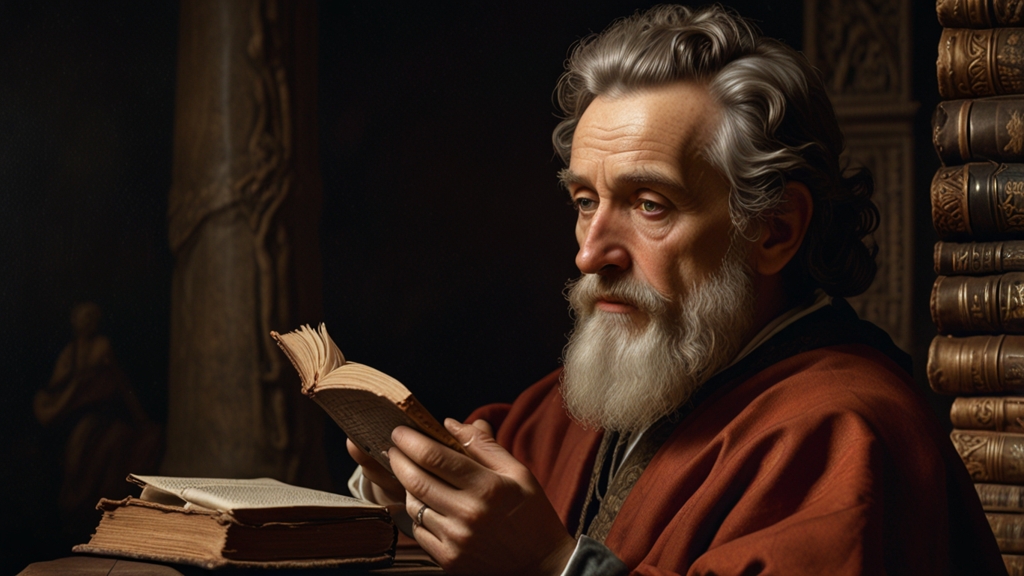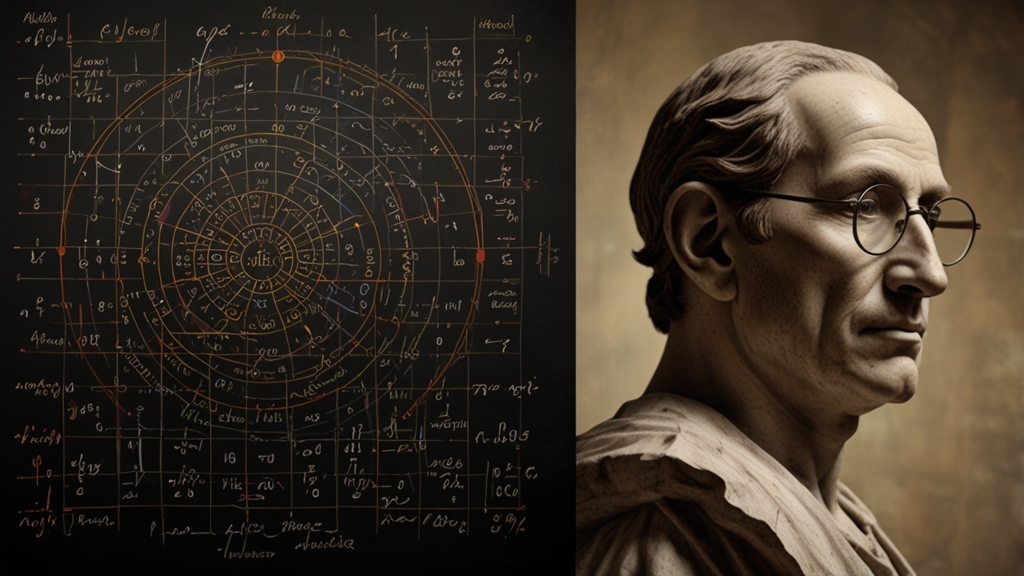Prophets in Politics: Can They Truly Guide Nations?
The intertwining of prophethood and politics has been a subject of profound debate throughout history. From ancient civilizations to modern societies, figures perceived as having divine insight have influenced political landscapes. But the pressing question remains: Can prophets in politics truly guide nations toward ethical and prosperous futures, or does their involvement complicate governance?
Historical Precedents
History provides various instances where prophets have played significant roles in political governance. In ancient Egypt, Joseph, who is considered a prophet in Judeo-Christian and Islamic traditions, was reputedly appointed as a high-ranking official by Pharaoh due to his ability to interpret dreams. His guidance purportedly helped Egypt prepare for seven years of famine.
Similarly, the Prophet Muhammad combined religious and political leadership, establishing the first Islamic state in Medina. His governance marked a blend of spiritual directives and practical policies, aiming to establish justice, social welfare, and community cohesion.
Influence vs. Authority
One of the critical facets to examine is the distinction between influence and authority. Prophets traditionally wield moral and ethical influence rather than formal political power. This influence can inspire and guide leaders and citizens but does not always translate into direct governance.
"Prophets can illuminate the moral compass of a society, guiding its values and principles. However, the translation of prophetic insights into practical policy requires the mechanisms of a rational, secular state." - Dr. Eliza Thompson, Political Historian
This distinction is crucial. While prophetic visions can provide a higher moral framework, the day-to-day complexities of governance demand empirical, pragmatic solutions. Leaders must balance these ethereal insights with tangible socio-economic strategies to ensure stable and effective administration.
Challenges and Pitfalls
Integrating prophetic figures into political frameworks is fraught with challenges. One pivotal issue is the potential for authoritarianism. If a prophet is perceived as infallible, dissent and critical discourse can be stifled, leading to an oppressive regime that does not tolerate opposition. This scenario contradicts democratic principles where debate and plurality are essential.
"The prophetic voice in politics risks creating a theocracy, where divine authority supersedes human rights and democratic processes. Balancing spiritual wisdom with democratic engagement is a fragile, often contentious endeavor." - Prof. Daniel Green, Political Theorist
Another critical challenge is the differentiation of personal beliefs and public policy. Prophets often derive their insights from specific religious doctrines, which may not be universally accepted within a diverse population. Implementing policies based strictly on these doctrines can alienate sections of the populace, leading to societal fragmentation and conflict.
Contemporary Context
In contemporary politics, the role of prophets is more symbolic than authoritative. Leaders and policymakers may seek inspiration from prophetic teachings, but they must navigate the secular demands of modern governance. Figures such as Mahatma Gandhi exemplify this symbolic role, drawing from Hindu and Christian teachings to inspire nonviolent resistance and social reform without holding formal political power.
The modern state also tends to separate religion and politics to preserve pluralism and avoid theocratic dominance. However, this separation does not preclude the influence of prophetic ethics on political thought and public policy, particularly in issues of social justice, human rights, and environmental stewardship.
Conclusion
Prophets in politics carry the potential to evoke profound ethical reflections and moral guidance. However, their direct involvement in governance poses significant challenges and risks. The key lies in balancing the moral imperatives that prophets present with the pragmatic needs of running a nation in a pluralistic and democratic context.
Ultimately, while prophets can light the path, it is up to the leaders and citizens to walk it with discernment, inclusivity, and a commitment to balancing divine inspiration with rational governance.










